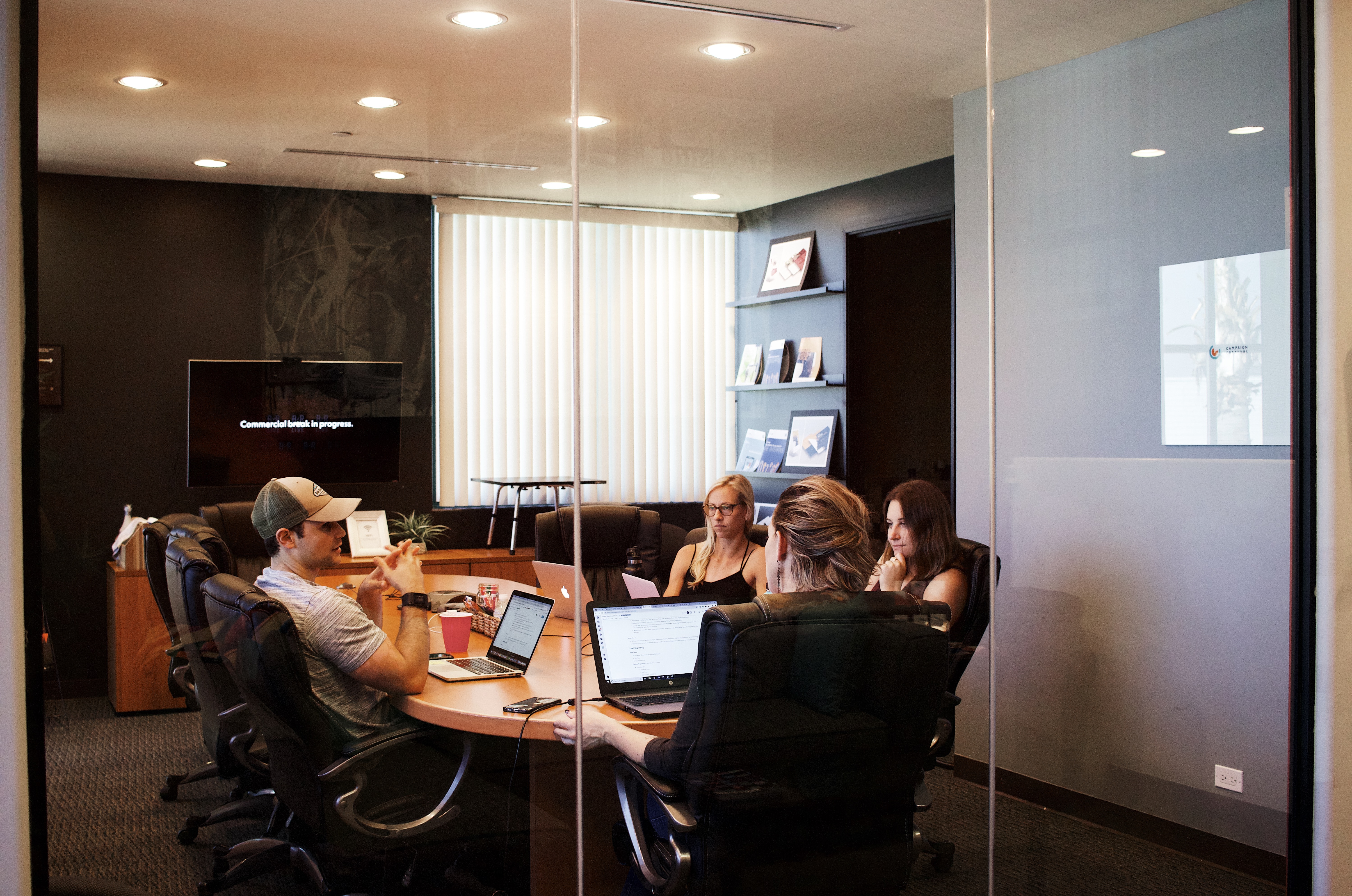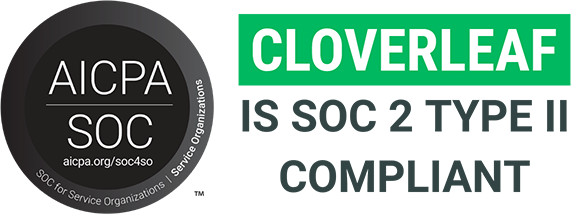Imagine a workplace where every conversation sparks innovation, where every team meeting leaves you feeling more energized than drained. It’s not just a daydream; it’s the potential reality of a team that understands the profound interplay of personality types and practices the art of conflict resolution. This isn’t about lofty ideals but a practical roadmap to transforming everyday interactions into building blocks for a thriving organizational culture.
In this post, Stephanie Licata and Peggy Murriner, experts in organizational behavior and personality analysis, detail the core of effective teamwork. Through their unique lens, they unravel the complexities of human dynamics in professional settings, offering insights that turn potential workplace conflicts into opportunities for unparalleled growth and collaboration.
Too often, organizations focus merely on the functional role and hope that good team performance somehow follows. This is why even the most expensive professional sports teams often fail to perform according to the individual talents of each player: There is no psychological synergy. A more effective approach (like the mission to Mars example) focuses as much on people’s personalities as on their skills,’ highlighting the critical need for considering personality dynamics within teams. – Harvard Business Review
Stephanie’s expertise in the subtleties of team dynamics converges with Peggy’s innovative approach to personality frameworks. Together, they present a fusion of ideas that will challenge your perceptions, equip you with practical strategies, and inspire a new way of thinking about team interactions.
Whether you’re leading a diverse team, striving to find your place in a complex work environment, or simply curious about the psychological underpinnings of workplace relationships, this conversation is for you.
So, let’s uncover the secrets to working together and excelling in a workplace where every personality type is a valuable piece of the puzzle that can contribute meaningfully to the team.

Decoding Workplace Personality Conflicts: Beyond the Surface Interactions
Team dynamics are often like an iceberg – what we see on the surface is just a fraction of the complex interplay beneath. Unearthing the subtle yet critical aspects of these dynamics is possible by understanding the nuanced differences between conflict perception and the realities of challenging, constructive dialogues in a team setting.
The Nature of Conflict in Teams:
- Perception vs. Reality of Conflict: Stephanie Licata sheds light on a common misconception: Sometimes we perceive that something is going to be a conflict but it’s really just a difficult conversation. It’s a challenging conversation, right? This distinction is crucial in team dynamics, as it differentiates between unproductive personal disputes and the constructive challenges essential for progress.
- Healthy Conflict as a Growth Catalyst: Peggy Murriner observes, The highest performing teams actually allow themselves to engage in healthy conflict. Task conflict, as opposed to personal conflict, can be a powerful tool for team innovation and problem-solving. Adopting this perspective emphasizes that conflict isn’t an obstacle but a driving force for creativity and improvement when managed correctly.
In understanding the nature of conflict within teams, it’s insightful to consider broader workplace trends. According to the Niagara Institute, the most common conflict management style is collaboration, used by 59.8% of professionals, followed by compromise at 24.4%. Interestingly, more confrontational styles like competing, avoiding, and accommodating are less frequently employed.
75% of employees believe their direct manager could handle workplace conflicts better. Moreover, 60% of HR professionals attribute workplace conflicts to poor management. On a positive note, 95% of those who receive conflict resolution training report an improved work environment, underscoring the value of such training.
Leaders and teammates must realize that personal experiences of conflict can heavily influence team dynamics. Understanding that these stories exist and everyone has a personal narrative can help people effectively navigate conflict with empathy.
The Role of Preparation and Individual Conflict Styles:
Being proactive and understanding the unique conflict styles of each person is vital. It’s about striking the right balance between engagement and resolution, ensuring all discussions, no matter how challenging, are geared towards the team’s collective goals.

HUMAN SKILL PROGRAMS ARE HITTING LIMITATIONS...
- Close the widening gap between learning and on-the-job application
- Overcome the tension of pausing productivity for development opportunities
- Integrate learning so it is actually in the flow of work
- The evolution of human skill development
- What Automated Coaching™ is and how it works.

The Role of Personality Types in Conflict Resolution
Have you ever wondered why some team disagreements fuel creativity while others end in stalemate?” This question lies at the heart of exploring how personality types shape conflict resolution within teams.
Understanding the intricate role of personality types in conflict is essential for fostering effective team dynamics. Each team member brings a unique approach to handling conflicts, shaped by their inherent personality traits and different perspectives.
Unpacking Personality Dynamics in Conflicts:
Healthy conflict, focused on tasks rather than personal differences, can be a catalyst for a team’s innovative solutions and problem-solving. Successfully managing conflict requires differentiating between personal animosities and constructive debate.
What we often anticipate as a looming conflict is frequently just a necessary, albeit challenging, conversation. – Stephanie Licata
Leaders who acknowledge this insight can better influence how their team approaches what initially appears as conflicts, transforming them into opportunities for open communication and growth.
Leveraging Personality Assessments:
Tools like the 16 Types, DISC, and Enneagram provide a framework for understanding teammates. These assets are not just about categorizing personalities but about gaining deeper insights into how different individuals approach conflict and collaboration. The insights from these tools can be transformative in crafting strategies that play to each team member’s strengths and preferences.
4 Strategies for Navigating Conflicts Between Different Personalities:
- Identify and Adapt to Individual Conflict Styles: Begin by assessing each team member’s preferred style of handling conflict (using tools like DISC or the Enneagram). Then, tailor your approach accordingly. For example, if an individual appreciates directness, address issues head-on with them. If another prefers to avoid conflict, find ways to engage them in dialogue, ensuring their perspective is heard without causing discomfort.
- Promote Constructive Conflict for Innovation: Create a team culture where task-related conflicts are not seen as hurdles but as opportunities for innovation. Celebrate when individuals voice differing opinions on tasks or projects and facilitate these discussions in a structured way.
- Practice Empathy: Develop empathy by seeking to understand each team member’s background and how it shapes their approach to conflict. Use regular one-on-one meetings to understand their perspectives and fears.
- Balance Dialogue and Team Goals: Ensure that all discussions, even when they diverge into conflict, are aligned with the team’s overarching goals. Set clear agendas for meetings where potential conflicts may arise and remind teammates of the common objectives. Facilitate discussions so that the viewpoint of conflicting parties is connected to how it helps or hinders the team’s progress toward these goals.
Managing conflict in the workplace involves a nuanced interplay between understanding and action. It’s about recognizing the fine line between disruptive conflict and healthy debate to harness the latter to nurture an environment where diverse opinions and styles coexist and work together to drive the team forward.

The Key to Effective Communication Among Diverse Personalities Within Teams
Within diverse teams, varied communication styles can often lead to misunderstandings or poor communication. However, by acknowledging and celebrating the diversity in how individuals communicate, teams can unlock more depth in their interactions to create more inclusive and effective teamwork.
Recognizing that there is a spectrum of communication styles and valuing each member’s unique approach can bring a new level of understanding and cohesion, turning potential discord into an opportunity for richer, more inclusive discussions.
In a team, every voice matters. Encouraging and valuing diverse perspectives enriches the conversation and leads to more innovative solutions. – Stephanie Licata.
When teammates truly understand and adapt to the various ways of communicating, what they see as simple conversations can evolve into powerful collaboration tools for untapped potential.
4 Ways To Experience Effective Communication Between Different Personalities
1. Cultivate a Culture of Active Listening: Fully engage with those speaking, try to understand their point of view, and respond thoughtfully. This practice helps ensure all ideas are considered and valued and minimizes miscommunication.
2. Empathy and Emotional Intelligence: Emotional intelligence is a cornerstone of effective team communication. Understanding and responding to the emotional context of communications can create more empathetic and effective exchanges.
3. Regular Feedback and Check-ins: Establish regular feedback and check-ins to maintain open lines of communication within the team. Regular team meetings and one-on-one sessions offer a platform to address concerns, share successes, and reinforce a culture of positive communication.
4. Utilize Communication Tools: Leveraging personality assessments is invaluable in understanding and enhancing team communication. Many tools offer profound insights into a person’s unique way of interacting, work styles, sharing ideas, and receiving feedback.
Dissolving Personality Clashes With Cloverleaf's Insightful Coaching
One of the most effective ways Cloverleaf aids teams is by using personality data from tools like the 16 Types, DISC, and Enneagram to provide Automated Coaching™. These layered insights allow teams to illuminate the diverse ways individuals may engage in different types of conflict and communication. Leveraging this understanding can transform personality issues into a foundation for stronger, more resilient team dynamics.
Given the statistics on conflict management styles and their impact on employees, Cloverleaf’s tools become even more essential. They offer innovative ways to understand and address these challenges, aligning with the preference for collaboration and reducing the negative impacts of conflict.
Embracing a Future of Teamwork Shaped By Self and Other Awareness
The key to unlocking a team’s full potential lies in embracing the diversity of personalities, understanding the true nature of conflict, and harnessing the power of empathetic communication. By adopting these insights, teams can transform challenges into opportunities for growth and innovation.
The future of teamwork is not just about individual competence but about creating psychological safety, where each member’s unique traits and perspectives are valued and integrated into a collective force. It’s about moving beyond the conventional and stepping into a world where every interaction is a chance to learn, grow, and excel together.
We hope you take these lessons to heart, apply them within your teams, and experience the transformation firsthand. If you haven’t already, explore Cloverleaf’s suite of tools to gain deeper insights into your team’s dynamics so every member can thrive.



